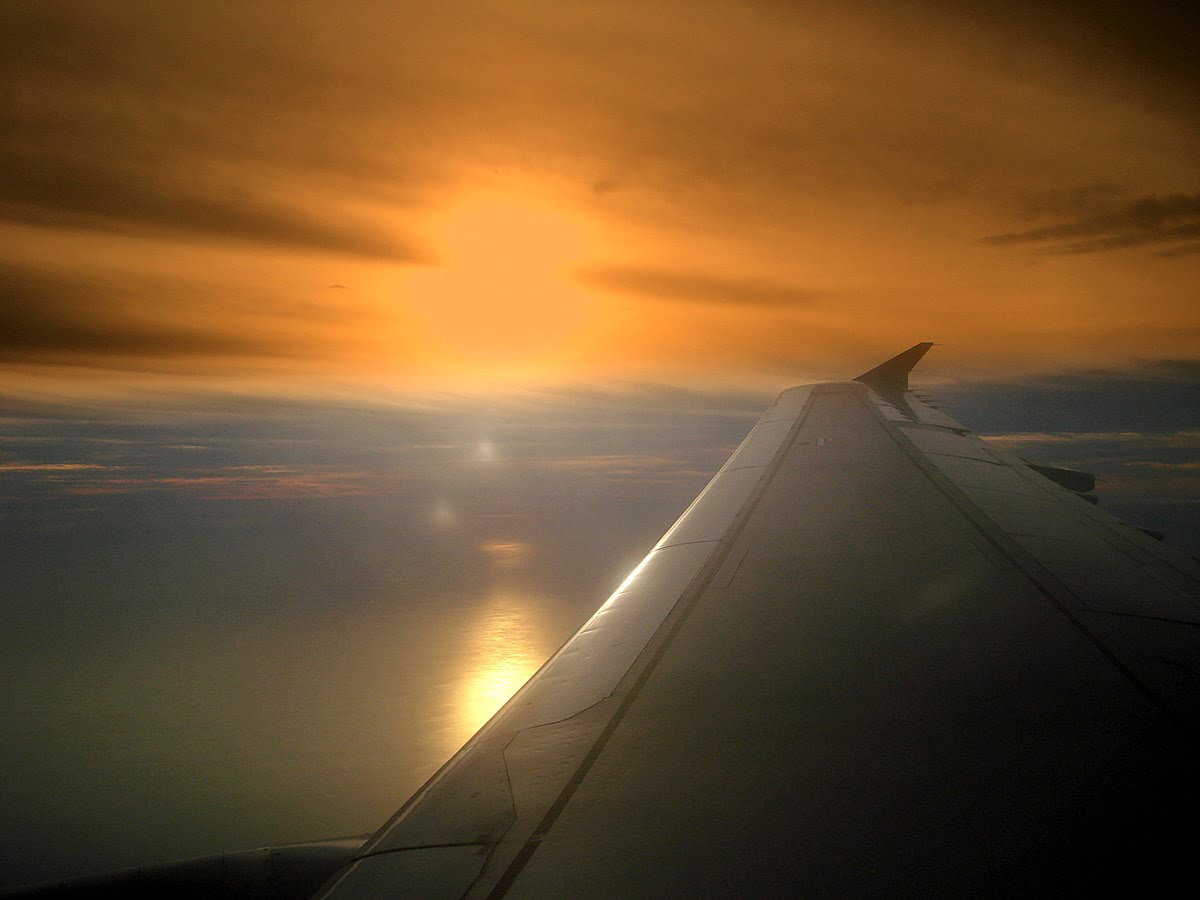If you’re at all familiar with frequent flyer programs, you generally know that you earn “miles” for flying, generally one mile per mile flown. That’s the way it’s always been, as far as I can tell since the very beginning of programs in the 1970’s.
But you may also remember that you used to get hot meals when you flew in economy. Those were the days, right?
Things change. And one thing that’s changing is the value proposition of the frequent flyer program for the major US airlines. If you care at all about travel, and your ability to travel as cheaply and well as possible, this is important to you.
Table of Contents
First as tragedy
In 2014, Delta upended its frequent flyer program by changing the earning structure for miles. Instead of a flat one mile for each mile flown, they introduced an earning structure based on the cost of the flight and your elite status.
This changed the frequent flyer mile game utterly, because it used to be that you could find super cheap tickets and earn the same amount of miles as if you were unlucky enough to fly around Thanksgiving.
(Then again, this also meant that if you were unlucky enough to fly around Thanksgiving, you would at least earn more miles.)
Second as farce
But confirming the adage of “first as tragedy, second as farce”, United decided to change its earning structure to the exact same thing, prompting one wag to “redesign” the new United home page.

Third as oh-give-me-a-break
Those who were loyal to American Airlines were a bit smug, because American didn’t make any of those changes. The airline was too consumed with the merger with US Airways to bother making too many other changes.
But the joke was on us. With the merger completed in October, American wasted no time in announcing a change in its earning structure, again based on how much you spend.
Fourth as … ?
As someone who is loyal to Alaska Airlines, I’m not making the mistake of feeling smug. Because I know that tomorrow, they could announce the same “improvements”.
In short, for the most part, the game is getting harder to play and win.
Why the game is changing
A good question to ask is why this is happening. I have two opinions:
1) The economy is doing well. Or rather, the sector of the economy that’s buying plane tickets is doing well. People have money to buy tickets so airlines are profitable. Also, the low price of fuel is doing nothing but helping airlines. Long gone are the bad-old days of 9/11 when airlines were all filing for bankruptcy.
However, a reasonable person would say that the economy isn’t doing so well across the board to explain such full capacity on flights these days. We’re technically out of recession, but only because a small amount of people are making money.
So I think the real reason why airlines are able to reduce their reward benefits is:
2) Free markets favor consolidation. Remember Northwest? Continental? US Airways? They were all eaten by Delta, United, and American, respectively. From six major airlines, there are now three.
And shockingly, with fewer airlines around, there is less competition. With less competition, there is less incentive to cater to the consumer.
This is the irony of unfettered capitalism. In an unregulated market, systems consolidate and become powerful enough to game the market to its own favor, thus perpetuating its own dominance.
If our markets were properly regulated, someone with sanity would probably have realized that moving from six major airlines to three would reduce competition by a tremendous degree. But alas, regulation is a dirty word, and the free market is only good to business as long as it benefits them.
So what can you do?
In the long run, you can’t do anything.
You don’t control these programs, and they can effectively do whatever they want. This is business, after all. If you have miles, use them and don’t hoard them. They will never become more valuable than they are today.
(By the way, I suck at this advice. I’m a total mile hoarder, and I know I’m not doing myself any favors.)
In the short term, you can switch your loyalty to another airline. Like Southwest or Alaska or Frontier (or, gulp, Spirit).
You could also drop all loyalty entirely, and just base your purchases on price alone. I don’t necessarily recommend this approach as I feel that earning some miles on a dedicated airline is still better than earning small amounts of miles of lots of different airlines (or not bothering to earn miles at all), but it’s certainly a viable option (and much simpler).
In the medium term, remember that markets are cyclical. There will be another recession or other disruption to the dominance of the big airlines, and prices will drop again to spur customers.
My projection for the future of US air travel
If I were a betting person, I’d wager that the next airline disruption will be the greater introduction of the big three Middle Eastern airlines to the US market.
Emirates, Etihad, and Qatar (informally known as the “ME3”) all have equal or superior products to the “US3”. If they start flying domestically, which is not unheard of given the availability of “fifth freedom routes“, then competition will heat up again.
The US3 airlines hate the idea of the ME3 flying to the US. I can’t blame them. It will increase competition and decrease profit margins. And might just make prices lower and frequent flyer miles easier to obtain. My heart bleeds for them.
But enough about me. Do you still care about airline loyalty? How do you decide where to buy your airlines tickets?


